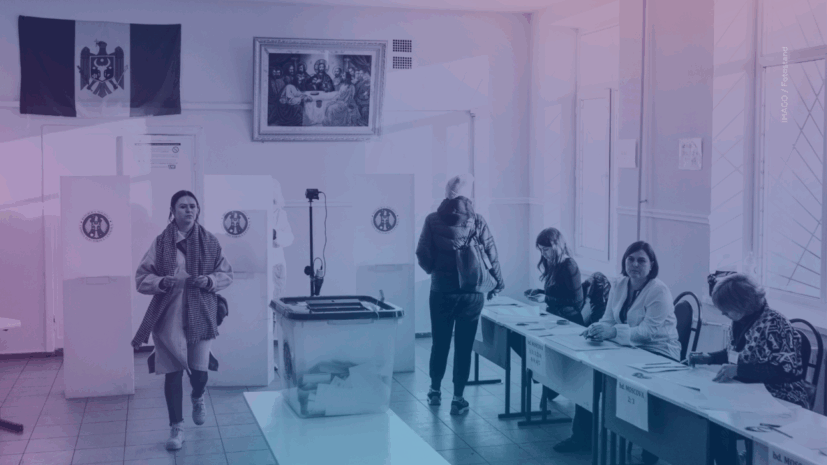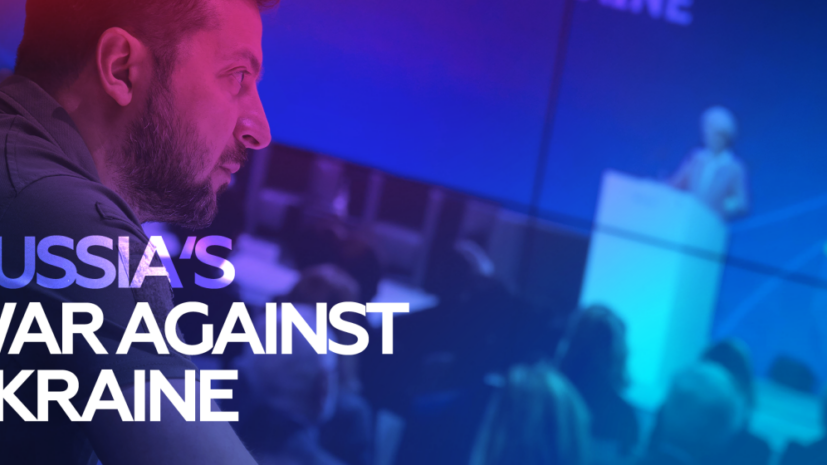Events
Think Tanks of the Eastern Partnership Think Tank Network are encouraged to submit upcoming events that they are (co-)organizing. The aim of this feature is to promote your forthcoming events and potentially have greater outreach.
Before submitting, please consult the guidelines below and ensure that the event fulfills the criteria and is suitable. After you have entered all the required information and submitted your event, we will review it and – given that it is adequate and timely – upload it to the website.
_______________________________________________________________________________________________________________
Please consider that the process of reviewing a submission may take a bit, hence we encourage you to submit your events sufficiently in advance.
Disclaimer: The network’s think tanks are responsible to share their events. They do not necessarily reflect the views of DGAP or the European Commission.
Guidelines:
Type: Online and in-person
Language: English; other languages solely if a translation is provided
Topics: The EU’s eastern neighborhood and enlargement policies, Russia’s war against Ukraine and its implications for the region, connectivity, foreign policy issues in the countries of the EU’s eastern neighborhood, domestic political developments in – or cross-regional topics that address the EU’s eastern neighborhood countries region
Archive



